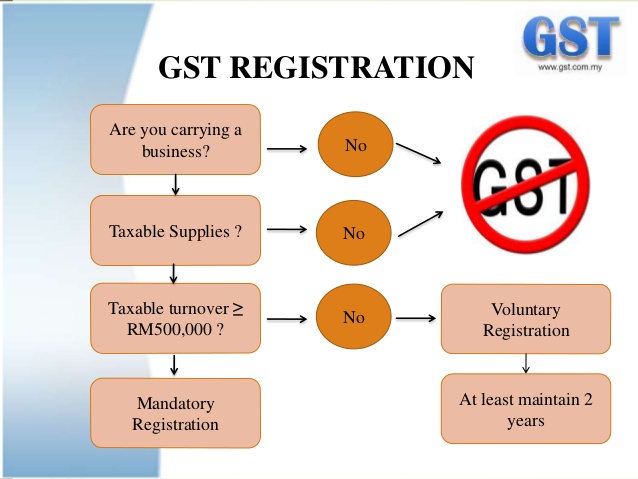How to Locate the Best GST Registration Services in Singapore Swiftly
How to Locate the Best GST Registration Services in Singapore Swiftly
Blog Article
From Beginning To End: The Ultimate Roadmap to GST Registration for Companies Looking For Financial Security
Navigating the intricacies of Item and Solutions Tax Obligation (GST) enrollment is a crucial action for organizations aiming for monetary stability. Breaking down the roadmap into workable actions can improve the enrollment trip for businesses looking to boost their economic standing.
Comprehending GST Fundamentals
Exploring the fundamental principles of Product and Solutions Tax (GST) is necessary for getting an extensive understanding of its effects on services and the economic climate. GST is a value-added tax levied on many goods and solutions for domestic usage. It has actually replaced numerous indirect tax obligations that existed in the pre-GST era, improving the tax framework and improving ease of doing organization in India. Under the GST system, both products and services are strained at a certain rate, which is established based upon their category. If their yearly turn over exceeds the threshold restriction set by the federal government, businesses are called for to register for GST. Input Tax Credit Scores (ITC) is a considerable function of GST, permitting companies to assert credit history for taxes paid on inputs, minimizing the overall tax burden. Recognizing the basics of GST is critical for organizations to abide by tax obligation guidelines, handle their funds successfully, and contribute to the nation's economic development by getting involved in a transparent tax obligation system.
Eligibility Requirements for Registration
As of the existing policies, the threshold restriction for GST enrollment is an annual aggregate turn over of 40 lakhs for organizations operating within a state, except for special group states where the limit is 20 lakhs. Additionally, certain organizations are required to sign up for GST regardless of their turn over, such as interstate distributors, informal taxed persons, and companies responsible to pay tax under the reverse fee mechanism. It is crucial for companies to extensively examine their turnover and purchase kinds to determine their GST enrollment responsibilities precisely.
Records Required for Enrollment
Having actually satisfied the qualification requirements for GST enrollment, companies should now guarantee they have the requisite documents in area to continue with the registration procedure successfully. The papers required for GST registration typically consist of evidence of company constitution, such as collaboration deed, registration certificate, or incorporation certificate for different types of companies. In addition, companies require to give records developing the major area of organization, such as a rental arrangement or electrical power costs.
Step-by-Step Registration Process
Commencing the GST registration process entails a collection of structured steps to ensure a certified and seamless enrollment for businesses. The initial action is to check out the GST website and fill in the registration kind with precise information of business entity. Following this, the candidate gets a Short-lived Referral Number (TRN) which is utilized to resume the application process if it's not completed in one go.
Next, all required records according to the checklist provided by the GST portal demand to be published. These documents typically include evidence of organization address, identification and enrollment evidence of marketers, monetary declarations, and service entity's PAN card.

Post-Registration Conformity Guidelines

Final Thought
In verdict, organizations seeking monetary stability has to recognize the essentials of GST, satisfy eligibility criteria, collect required documents, adhere to the detailed registration procedure, and abide with post-registration guidelines - Best GST registration services in Singapore. By adhering to these actions, services can make certain conformity with tax obligation policies and keep monetary stability in the future
In addition, specific companies are required to sign up for GST irrespective of their turn over, such as interstate vendors, casual taxed persons, and services responsible to pay tax under the reverse cost system.Having actually met the eligibility standards for GST registration, organizations need to now guarantee they have the requisite files in area to proceed with the enrollment procedure successfully. The files needed for GST registration typically include proof of organization constitution, such as partnership act, registration certificate, or consolidation certification for different types of businesses. Furthermore, organizations need to give files developing the major place of organization, such as a rental agreement or power bill.Beginning the GST registration process includes a collection of organized steps to make sure a compliant and seamless enrollment for organizations.
Report this page